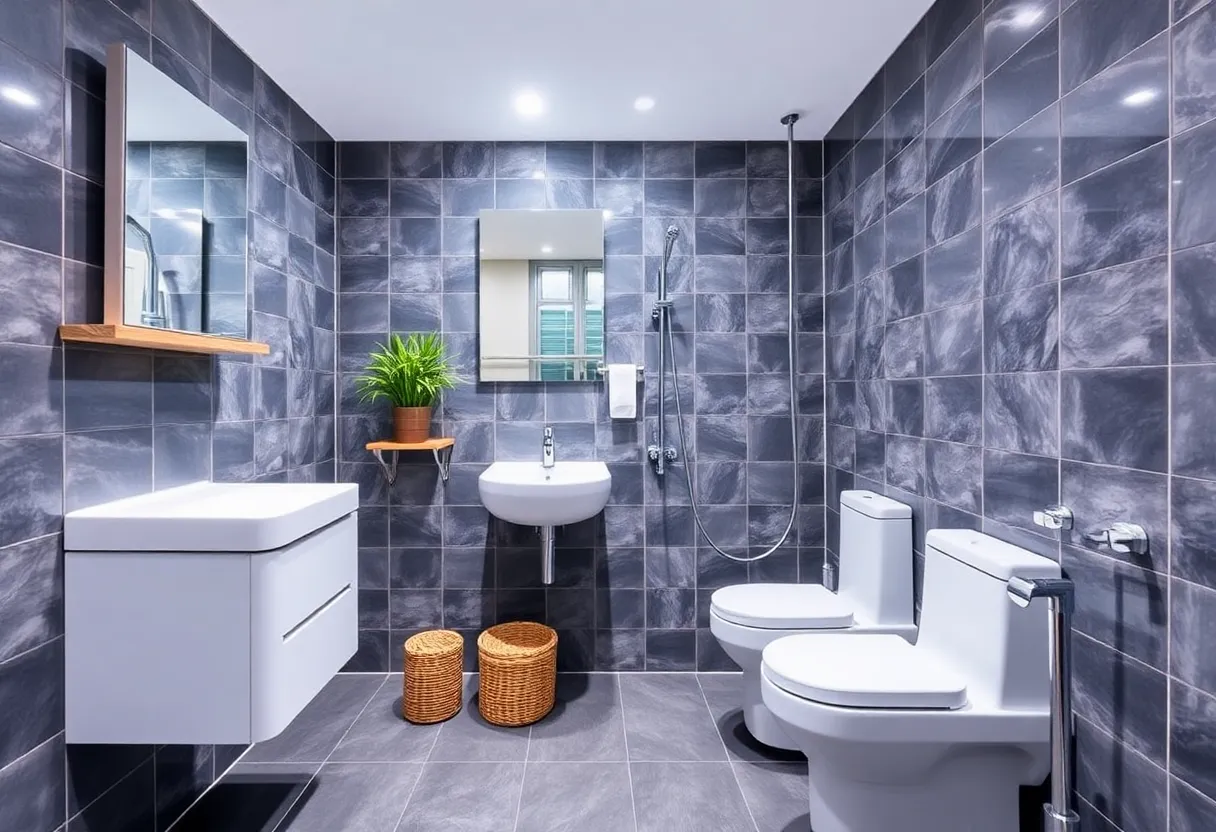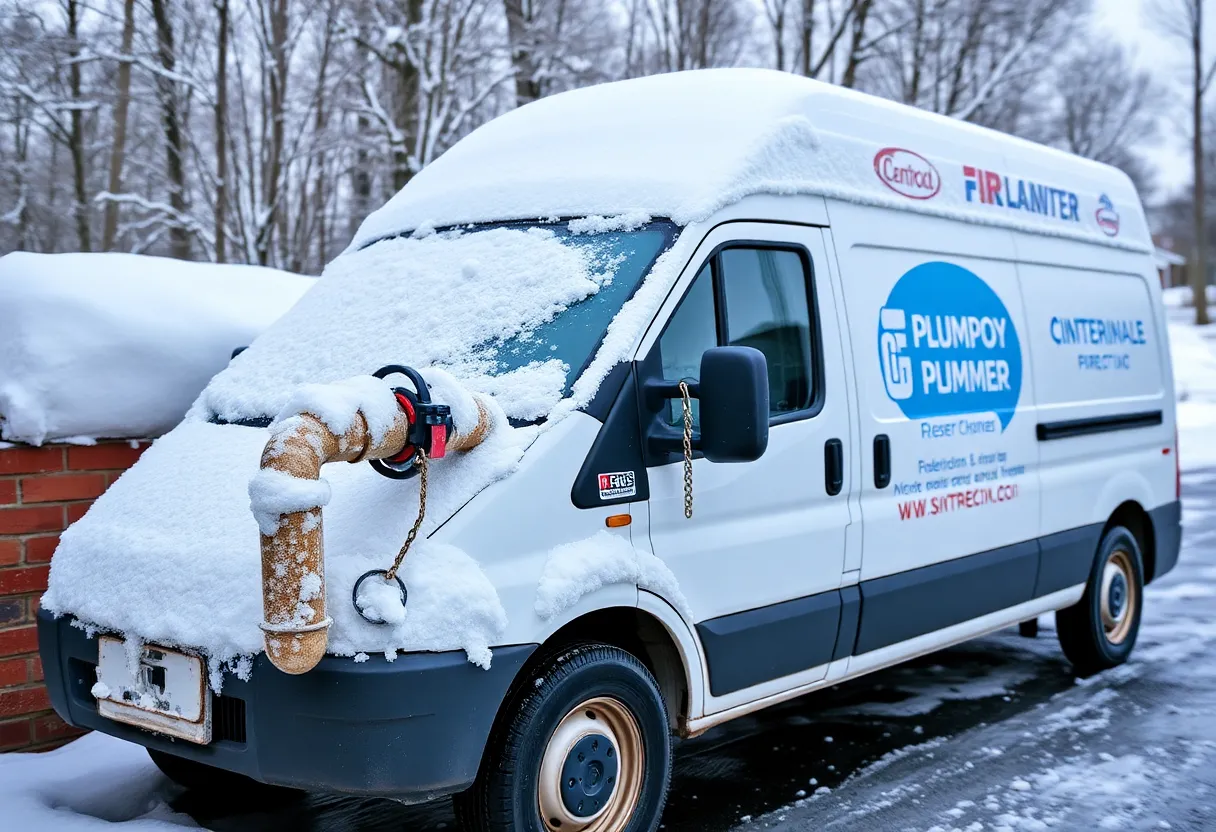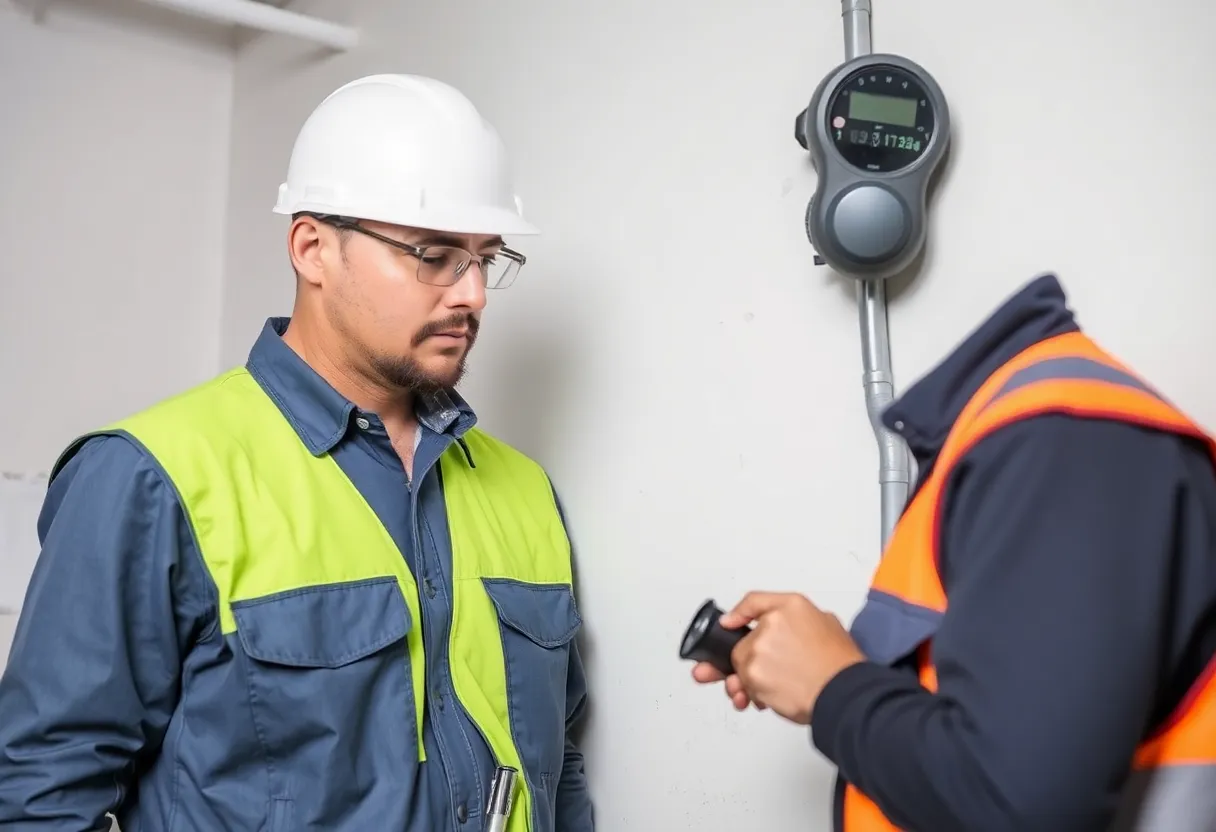The Plumbing Reboot: 10 Innovative Upgrades to Future-Proof Your Water System
Home plumbing systems have come a long way since their inception. To keep up with the increasing demands for water efficiency, enhanced quality, and smart technology integration, homeowners must consider innovative upgrades. This article presents 10 innovative upgrades that can future-proof your water system, improving sustainability, efficiency, and convenience.
1. Smart Water Sensors
Water leaks can lead to extensive damage and costly repairs. Installing smart water sensors can help you monitor your plumbing for leaks 24/7. These devices can detect moisture and send alerts directly to your smartphone or tablet, allowing you to address issues before they escalate. Some advanced models even shut off the water supply automatically when a leak is detected.
Benefits of Smart Water Sensors
- Early detection of leaks to prevent water damage
- Remote monitoring capabilities
- Integration with smart home systems
2. Tankless Water Heaters
If you’re still using a traditional tank water heater, it may be time for an upgrade. Tankless water heaters, also known as on-demand water heaters, heat water directly without the use of a storage tank. This results in providing hot water only when you need it, leading to significant energy savings.
Advantages of Tankless Water Heaters
- Energy Efficiency: They only operate when hot water is required.
- Space Saving: Their compact size frees up floor space.
- Longevity: With a lifespan of up to 20 years, they outlast traditional tank models.
3. Water Filtration Systems
Water quality is a growing concern for many households. Investing in a whole-house water filtration system ensures that every tap in your home delivers clean, safe, and great-tasting water. These systems can remove contaminants like chlorine, heavy metals, and bacteria, providing peace of mind and protecting your family’s health.
Types of Water Filtration Systems
- Activated Carbon Filters: Effective in removing chlorine and improving taste.
- Reverse Osmosis Systems: Provide thorough filtration by removing dissolved solids.
- UV Water Purifiers: Use ultraviolet light to kill bacteria and viruses.
4. Smart Shower Systems
Enhance your bathing experience with smart shower systems that allow you to control water temperature, flow, and even the time of your shower from a smartphone app. These systems not only provide convenience but also enable water conservation by monitoring and controlling usage.
Functions of Smart Shower Systems
- Temperature Control: Set your desired temperature before you step in.
- Water Usage Tracking: Monitor how much water you’re using per shower.
- Personalization: Customize settings for different household members.
5. Pressure-Reducing Valves
High water pressure can result in increased wear and tear on your plumbing system. Installing a pressure-reducing valve can help maintain optimal pressure levels, extending the life of your plumbing and appliances while saving water.
Benefits of Pressure-Reducing Valves
- Prevents Damage: Reduces the risk of leaks and bursts.
- Increases Efficiency: Saves water by optimizing flow.
- Enhances Comfort: Provides a more consistent water flow experience.
6. Greywater Recycling Systems
Repurposing water can significantly reduce your household’s water consumption. A greywater recycling system collects water from sinks, showers, and laundry (but not toilets) for reuse in irrigation or flushing toilets. This innovative upgrade allows homeowners to conserve water while maintaining a green landscape.
Key Aspects of Greywater Systems
- Types of Greywater Sources: Showers, sinks, and washing machines.
- Filtration: Ensures water is filtered before reuse.
- Legal Considerations: Research local regulations regarding greywater use.
7. Water Softening Systems
Hard water can lead to scale buildup in pipes and appliances, reducing efficiency and lifespan. A water softening system removes minerals such as calcium and magnesium, making the water softer and easier on your plumbing.
Advantages of Water Softening Systems
- Improved Efficiency: Increases the lifespan of water heaters and pipes.
- Skin and Hair Benefits: Softer water is gentler on skin and hair.
- Cleaning Benefits: Improves the effectiveness of detergents and soaps.
8. Eco-Friendly Plumbing Fixtures
Replacing old fixtures with eco-friendly plumbing fixtures helps conserve water without sacrificing performance. Look for low-flow toilets, showerheads, and faucets that reduce water usage while still delivering adequate flow rates.
Key Features to Consider
- WaterSense Label: Look for fixtures certified by the EPA for efficiency.
- Adjustable Flow Rates: Some fixtures allow you to customize water flow.
- Durability: Choose fixtures made from sustainable materials for longevity.
9. Smart Irrigation Systems
For homeowners with a garden or lawn, smart irrigation systems are essential for minimizing water waste. These systems use weather data and soil moisture sensors to optimize watering schedules and adjust irrigation based on real-time conditions.
Benefits of Smart Irrigation Systems
- Water Conservation: Reduces water use by targeting only necessary areas.
- Convenience: Schedule and monitor watering remotely via a smartphone app.
- Improved Plant Health: Ensures consistent moisture levels for plants.
10. Advanced Pipe Materials
Traditional plumbing materials like galvanized steel or polybutylene have been known to corrode or fail over time. Consider replacing aging pipes with advanced materials such as PEX (cross-linked polyethylene) or CPVC (chlorinated polyvinyl chloride), which offer flexibility and longevity while minimizing the risk of leaks.
Benefits of Modern Pipe Materials
- Corrosion Resistance: Newer materials won’t corrode like older metal pipes.
- Flexibility: Allows for easier installation and fewer fittings.
- Temperature Tolerance: Many modern pipes can withstand temperature fluctuations.
The Importance of Plumbing Upgrades
As advancements in technology and sustainability practices become more prominent, plumbing systems must evolve accordingly. Implementing innovative upgrades can provide numerous benefits, including:
- Cost Savings: Long-term savings from reduced water bills and fewer repairs.
- Sustainability: Promoting eco-friendly practices helps conserve resources.
- Enhanced Comfort: Improved fixtures provide better experiences for you and your family.
Conclusion
Future-proofing your water system is not just an investment in your home; it’s a commitment to sustainable living and efficient resource management. By considering the above 10 innovative upgrades, you can create a modern plumbing system that delivers reliability, efficiency, and convenience for years to come. Make the leap today and ensure your plumbing lasts well into the future!









